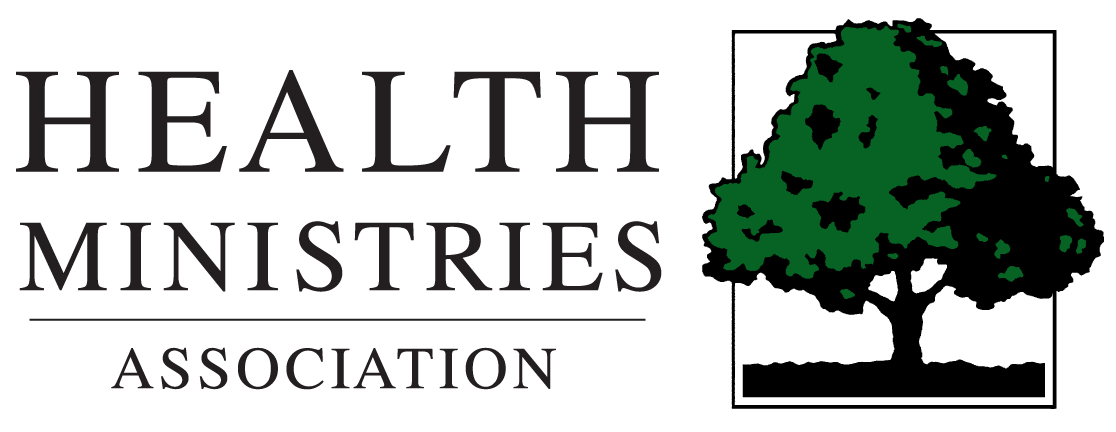Members Fall Under Four Groups.
A constituency can be described in general as the population living in a district, state, or region, but it can also be any smaller section of that population, such as individuals or small groups advocating for specific issues. Your “main constituency” usually refers to the people whose needs you feel most strongly about, the people you have the talent/skills to serve, or wish to network with.

